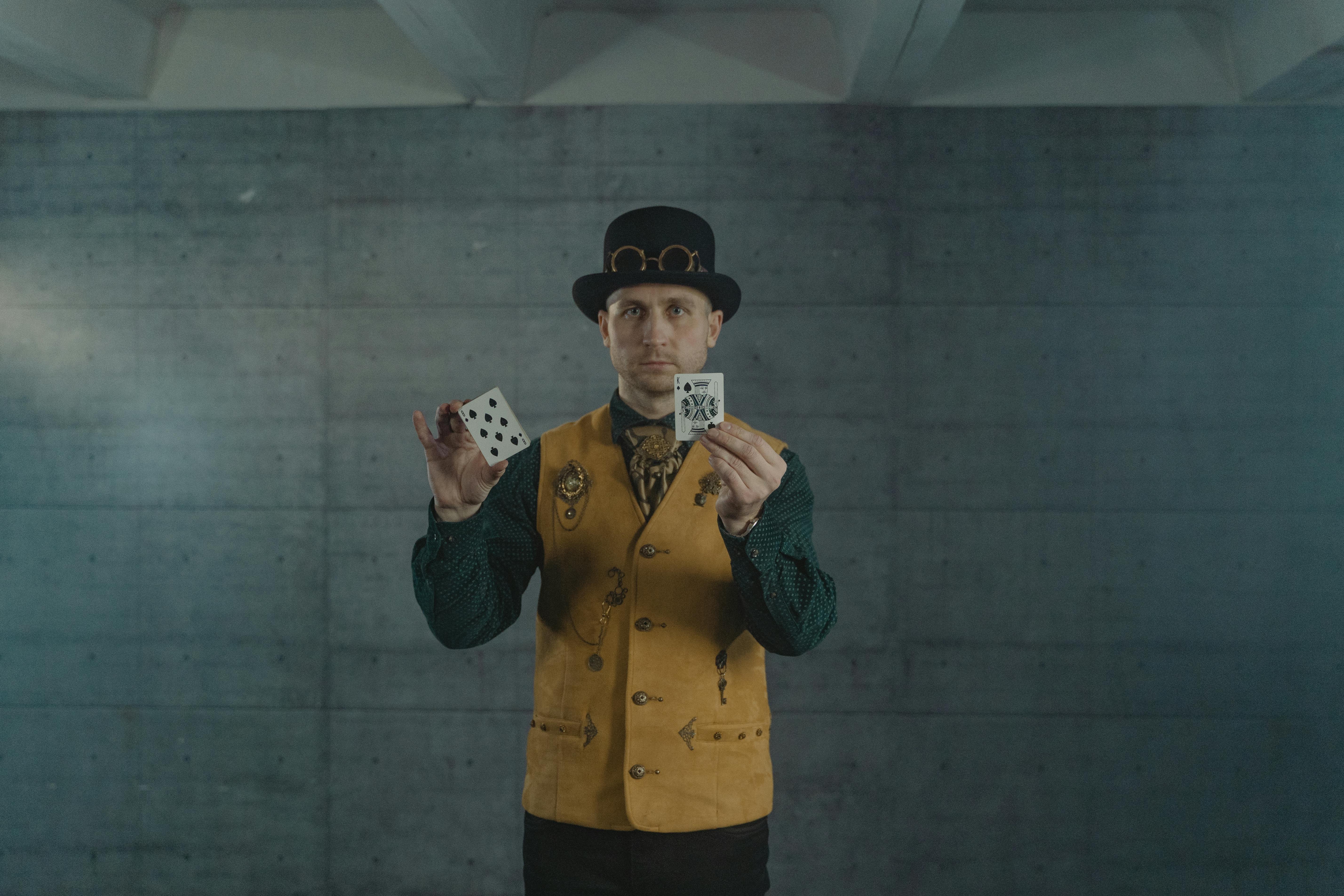A very common complaint among those who love someone who has PTSD is that they can go from warm and loving to cold and distant very quickly. I can’t tell you how many times I’ve heard someone say, “My boyfriend has PTSD and he’s rejected me.” How do you deal with loving someone who apparently wants nothing to do with you most of the time? How do you stay sane?
Many PTSD relationships do not survive for a variety of reasons. Communication is always essential in any type of relationship, but when one partner has post-traumatic stress, there is additional pressure on the relationship. One party may be unwilling or unable to communicate their needs when symptoms arise. They are naturally withdrawn and can become verbally abusive and distant. It is not uncommon for someone suffering from PTSD symptoms to behave irrationally and leave for a few days. It is also normal to completely shut out family, relationships, and the people who are trying to help them.
Cold and distant is a normal response for someone who has post-traumatic stress. Often, this disorder deprives the sufferer of all emotion, except for anger, sadness, and numbness. There is very little you can do to help your loved one when this symptom occurs. Not respecting their wishes to be alone and isolated will result in conflict, which will make everything worse. Of course you don’t want to leave the person you love alone, especially when they are suffering. That seems the opposite of love. Unfortunately, sometimes, you don’t have a choice. Someone who is withdrawing will only pull away faster and harder from you if you chase them.
So what do you do when this symptom arises? You go and do the things YOU want to do. You take a break. If this isn’t your first time, you know that the request or demand to be alone often comes from those with PTSD and can vary in length. Sometimes they are apart for an afternoon, and sometimes it can be days before you hear from your loved one. With PTSD, there is no rhythm or reason, but there are patterns.
You have to take care of yourself first. If they are pushing you, leave. Make a list of all the things you like to do and when this symptom comes up, go and do the things on your list. Set aside some cash for this moment, so you can go and enjoy yourself. Plan your alone time and do the things you like to do. This symptom will arise. It is unavoidable. It’s just apart of the clutter.
If you are being pushed away, take some time for yourself. It doesn’t mean that you don’t love or care about that person, or that they don’t love or care about you anymore. Don’t fall into the guilt trap. There is nothing you can do to help someone who wants space and distance. So go help yourself. When you take care of yourself first, it changes your perspective. It gives you some clarity of mind and allows you to come back refreshed and able to deal with the pressure of loving someone who has PTSD.



